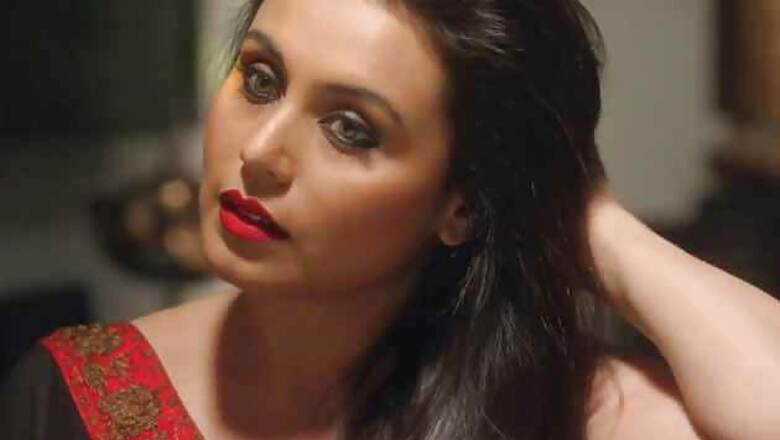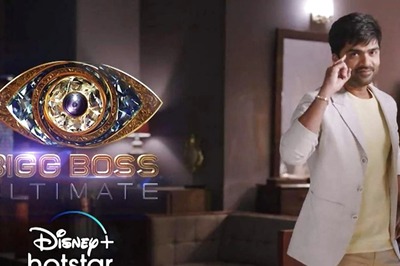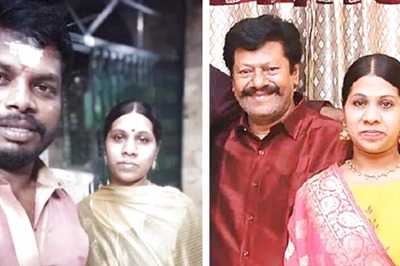
views
New Delhi: I'll be honest. When the first promos of the anthology film 'Bombay Talkies' came out, some of us joked about how Karan Johar was somewhat a misfit among the rest of the directors who are associated with the film and how he will be lost among titans Anurag Kashyap , Dibakar Banerjee and Zoya Akhtar.
So it's a lesson well learnt that Johar, the most commercially successful of all four, reminds us in 'Bombay Talkies' why a book should be never be judged by its cover.
'Bombay Talkies', a bouquet of four different stories set in Bombay, is a revelation of sorts - that Johar can time and again surprise you with his sensibilities and a kind of cinema unique to him. Easily the dark horse of 'Bombay Talkies', Johar's story is by far the bravest and hence the most risky.
There are spoilers ahead. In case you haven't watched the film, please come back to this story later.
Now, even though the concept of 'Bombay Talkies' is unique, the film itself can be placed within the realms of commercial cinema. It has big stars associated to it, it's a project which is celebrating the 100 glorious years of Indian cinema and hence one would expect that the directors would conform to the norms. Having produced and made sweet love stories and family dramas in the past, Johar's film featuring Rani Mukerji in the lead looked the most commercial of the entire lot. One expected a run of the mill story about a woman trapped in a boring marriage but in reality Johar narrates the story of a homosexual man trying to make a career in journalism and finding love.
However, excuse the scepticism since Johar's last film was 'Student Of The Year'- an audacious film about a school where women wore Prada and Gucci with the sole ambition of becoming the arm candy of the beefy hero.
Newbie Saquib Saleem literally bursts onto the screen and jostles his onscreen father and rants that how he is not a eunuch but simply homosexual - something that his middle class father finds absolutely unacceptable and throws him out of the house. That sets the tone of the film. As the new, too-smart-for-his-own-good gay intern, Saleem befriends the associate editor of his newspaper, Gayatri (Rani Mukerji). The duo make for an unusual pair but nevertheless bond. Rani introduces him to her news anchor husband, (Hooda) and suddenly sparks fly- not between the Mukerji and Saleem, but Saleem and Hooda.
Some very poignant scenes make the plot even more hard hitting- like the one where Saleem cajoles Hooda to step out of his house and says rhetorically "come out" or the scene where Rani, after finding out that her husband of so many years is gay, starts wiping off her makeup and mumbles "I am finally free"- each scene has an undertone to it which is very maturely performed.
Johar's usual audience may find the film a tad jarring, a bit in your face, in fact, I clearly heard someone mutter "Oh S***" in the movie theatre when the two male leads kiss on screen. Yes, Johar has gone all out and narrated a story which one may have expected a Kashyap or a Banerjee to narrate but definitely not him.
The irony is not lost among an audience accustomed to reading about page 3 gossip about Johar's own sexuality - an exasperating subject he now openly jokes about on chat shows.
Among the four stories, Johar's story is the most complex, and yet it is the most hard hitting of the entire lot. With cinema in its 100th year, 'Bombay Talkies' makes a powerful statement on society and Bollywood and Johar takes a giant leap towards good cinema.



















Comments
0 comment